https://archive.is/ymSbq#selection-4415.0-4415.79
CW For a lot of liberalism
By Jigar Shah and Raj Pannu Mr. Shah is a co-host of “Open Circuit,” a podcast on the energy transition. Mr. Pannu is the C.E.O. of Emergence Creative, an advertising agency dedicated to social impact.
Most Americans don’t think about infrastructure unless it fails. But when it does, it’s personal. When subways stall or highways clog, you’re late for work. When a bridge closes, your commute reroutes into chaos. When the storm drain overflows, your basement floods. And when transmission lines fail, the power goes out, leaving homes sweltering, grocery shelves empty and businesses offline.
Weak infrastructure makes your life just a little bit worse. The United States is sleepwalking into an infrastructure crisis — one that will quietly degrade our quality of life and kneecap our ability to compete in the global economy. It’s not just the older infrastructure that’s in need of repair and replacement; it’s also support for the new systems, such as artificial intelligence.
The crisis calls for a national recommitment to modernization — not as a partisan project, but as a precondition for global competitiveness, national security and basic dignity in daily life. And while responsibility ultimately lies with Congress, it’s also with all of us who understand the stakes.
Today, the average U.S. bridge is over 40 years old, and about 42,000 of them are structurally deficient. Our ports are among the least automated in the industrialized world, leading to higher costs and dangerous pollution in nearby communities.
And America’s grid is stretched thin. In the wintertime last year, about two-thirds of the country faced elevated risks of blackouts, according to the North American Electric Reliability Corporation. We can’t move electricity from areas with excess capacity to where it’s needed because we haven’t built enough transmission lines. And in a world increasingly powered by machine intelligence, if your power goes out, your economy goes offline.
The demand for electricity is rising fast. Training a single large-scale A.I. model now requires as much electricity as a large, urban American neighborhood uses in a year. Data centers, which power everything from those language models to advanced simulations, are projected to consume about 10 percent of the U.S. electricity supply by 2030 — up from around 2 percent today. A new report from the North American Electric Reliability Corporation finds that these facilities are an emerging threat to grid stability because they pull huge amounts of power at unpredictable times. The grid wasn’t built for this. Unless we expand energy generation and build out transmission aggressively, the lights will start to flicker on our future prosperity.
Shaky infrastructure isn’t just a problem for the tech sector. As the United States scrambles to bring back manufacturing, the infrastructure undergirding it is nowhere near ready. More than 920 new or expanded manufacturing facilities have been announced since 2021, projects to make semiconductors, electric vehicles, batteries, critical minerals processing and other components here at home.
For a moment, it seemed like America was serious about modernizing its infrastructure: The Biden administration tried to accelerate permitting, improve transmission planning and unlock hundreds of billions of dollars in federal funding for upgrades. There was real momentum.
Since then, the repeated brinkmanship over government funding and debt ceilings — and short-term budget deals that gut long-term investments — have thrown these gains into limbo. Funding for key offices at the Department of Energy and Department of Transportation have been delayed. The House of Representatives’ proposal to rescind billions in clean energy tax credits and claw back unspent Inflation Reduction Act funds has further chilled investor confidence.
Developers are pausing contracts, and clean energy projects, which help improve the resilience and efficiency of our energy system, are in limbo. According to E2, a nonpartisan group representing business leaders, more than 13,000 clean energy jobs have been lost since the beginning of 2025, largely because of delays and uncertainty. Billions in investment have been held back as projects have stalled. The result? Momentum is lost — possibly for a long time.
The new budget reconciliation deal before the Senate makes these infrastructure bottlenecks worse. It strips away hard-fought gains made under the Biden administration’s agenda — delaying transmission reform, gutting support for fast electricity deployment and muddying the waters for public-private investment. The signal to industry is clear: America can’t make up its mind.
All this is happening while our rivals are building fast. China will spend $138 billion on A.I., robotics and smart infrastructure as part of its “Made in China 2025” plan. Europe is modernizing its ports, roads and digital networks to stay competitive.

Upgrading the infrastructure that underpins American competitiveness should start with the grid. A national transmission strategy must be a cornerstone of economic policy to integrate clean energy generation, large-scale batteries and flexibility. Without it, we can’t move power where it’s needed when it’s needed, and our most promising technologies will die. We also must ensure that American innovation stays on American soil. Federal investment should focus on scaling technologies invented here, such as advanced nuclear reactors, clean ammonia production, critical minerals processing and next-generation battery chemistry. They are the industrial building blocks of a clean, resilient future, and without strategic government backing, they will be built elsewhere.
Finally, the permitting process, which requires the coordination of federal, state and local agencies, needs to reflect the urgency of the moment. Projects that cut emissions, lower costs and build resilience shouldn’t be forced to wait a decade for approval. Streamlined, sensible permitting reform is essential to unlocking private capital and accelerating deployment.
The infrastructure investments of the past four years represent the most significant progress since the Eisenhower era. But they are neither guaranteed nor permanent. If Congress and the Trump administration don’t act now, we won’t just cede economic advantage. We’ll see energy costs spike, more frequent power outages and investors pushing their companies to scale up in Asia. America will be left with 20th-century tools in a 21st-century world and will once again be left buying back its own inventions.


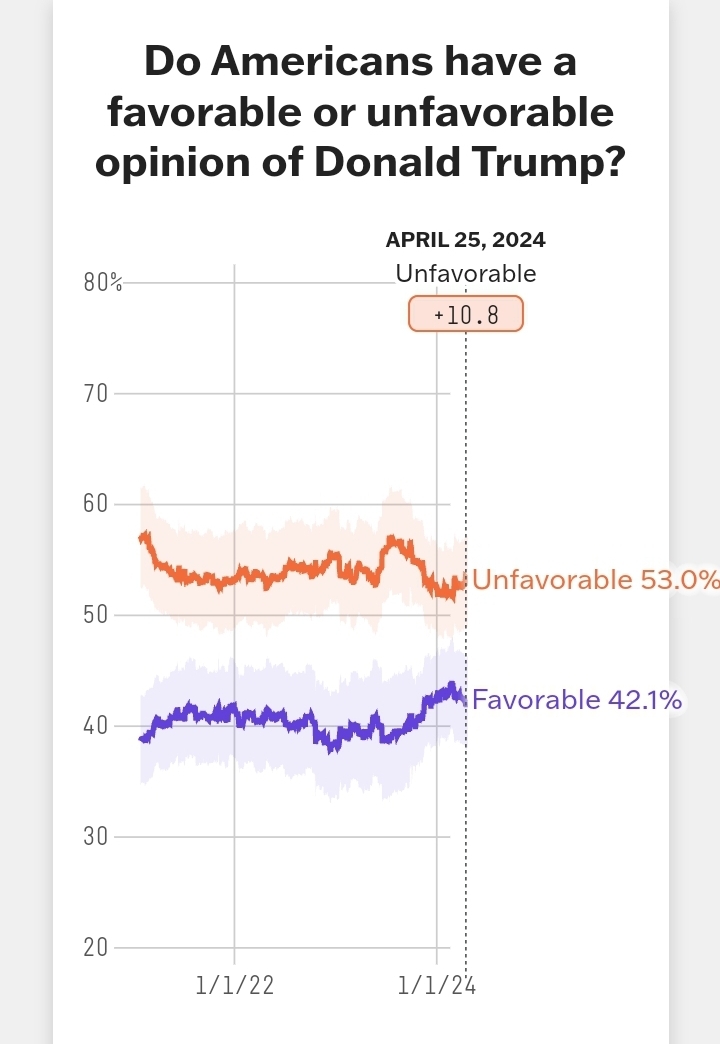
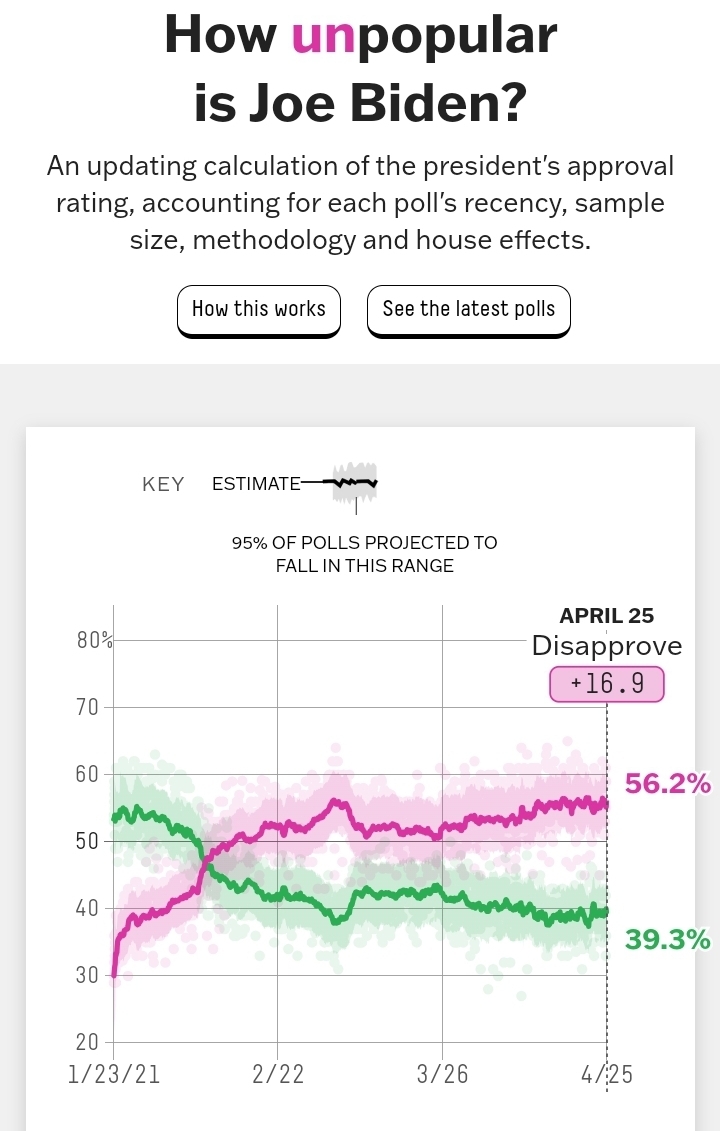
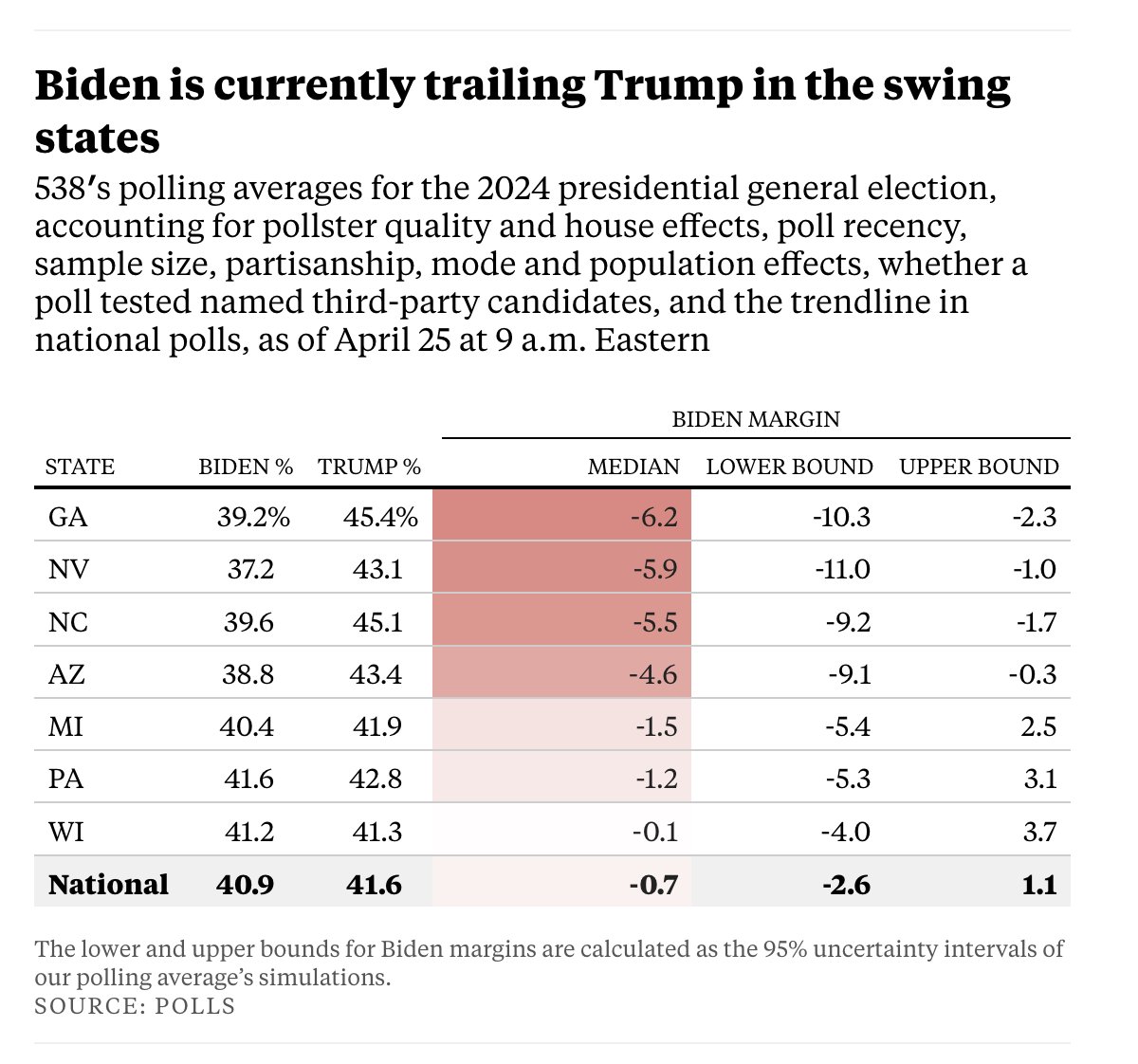
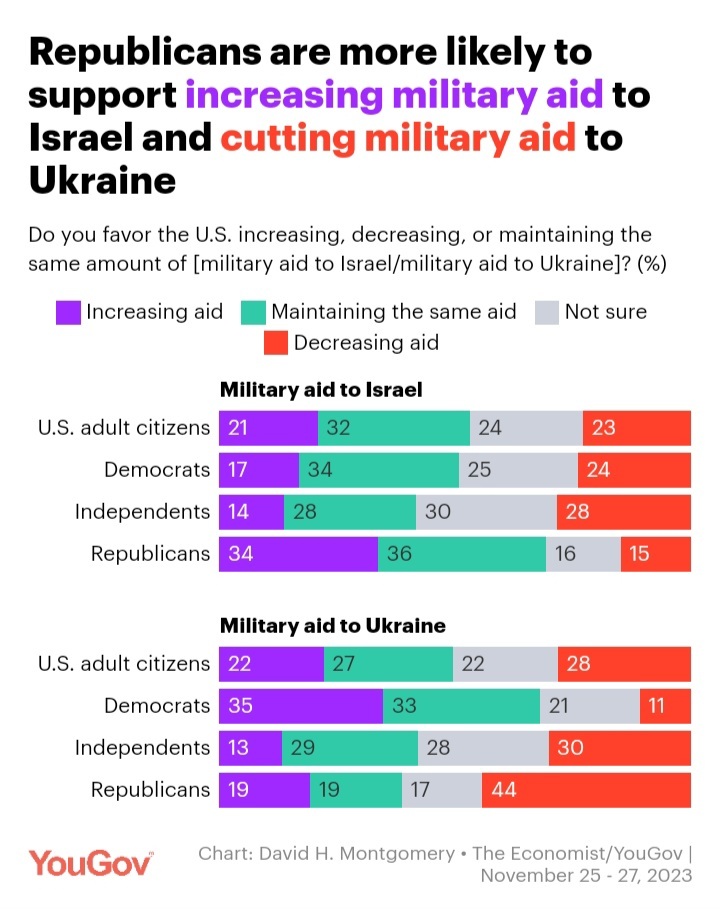





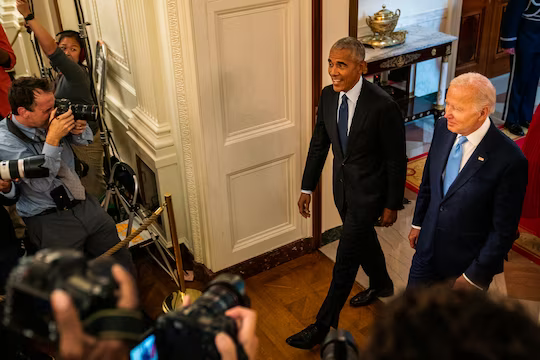


Communist should go out but hexbears shouldnt